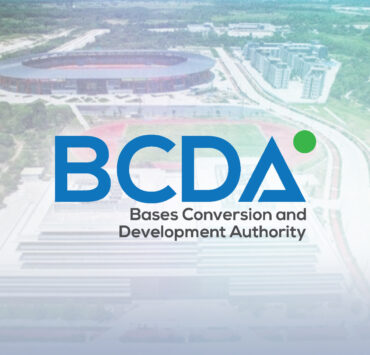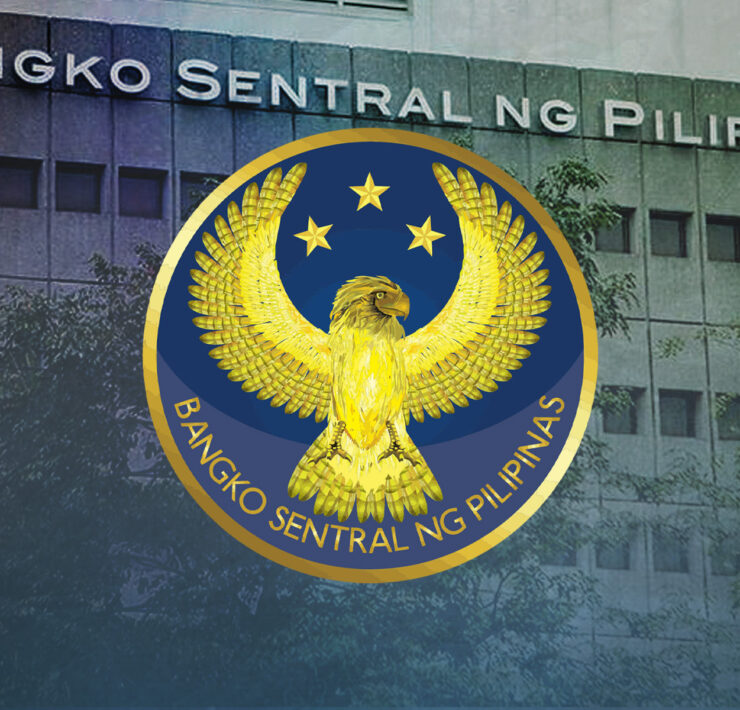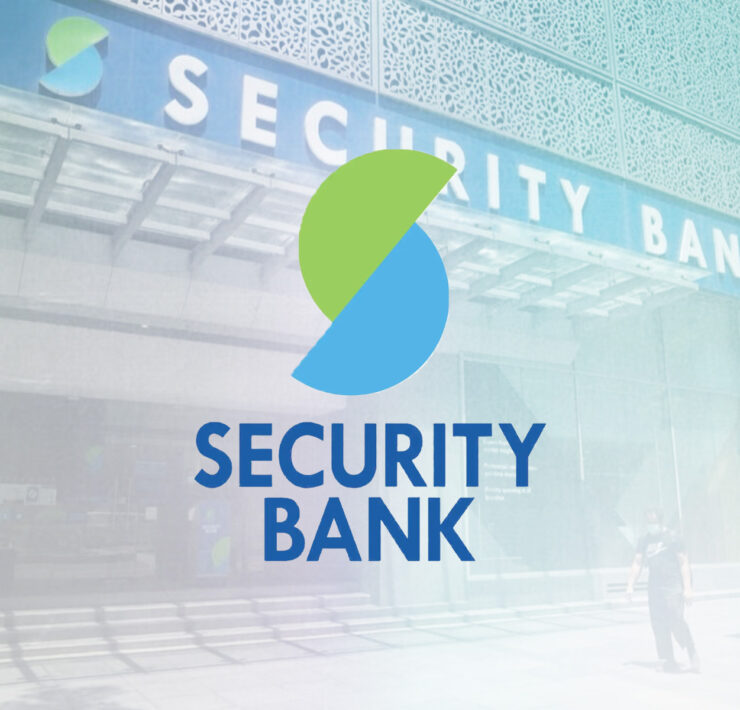BSP to liberalize e-money issuance

The Bangko Sentral ng Pilipinas (BSP) is now ready to welcome more nonbank electronic money issuers in a bid to promote digital payments and deliver financial services to more Filipinos in the archipelago.
In a new memorandum dated Dec. 5, 2024, the BSP approved the lifting of a moratorium on the application for new e-money issuers among nonbank financial institutions effective Dec. 16.
E-money is a monetary value that can be electronically stored in an instrument or device like mobile phones. This can be used for payments and withdrawn in cash. That said, e-money can play a crucial role in promoting digital payments.
Recall that the central bank had stopped accepting applications for licenses from non-banks since November 2021. The moratorium had initially lasted for two years before being extended for another year in December 2023 to ensure that the incumbents could manage and mobilize their resources “judiciously.”
But there were exemptions to the application ban. Nonbanks that aspired to become e-money issuers could apply for permits despite the moratorium through the regulatory sandbox framework — but only if they could offer unique business models and new technologies for unserved markets and targeted niches.
”The BSP’s decision to lift the moratorium aims to promote digital payments, enhance financial inclusion and foster innovation that could serve a wider segment of the market,” the new memo read.
Data from the BSP showed that there are 42 nonbanks with permits to become e-money issuers in the Philippines. These include notable names like Maya Philippines Inc. and G-Xchange Inc., operator of popular mobile wallet app GCash.
Meanwhile, there are 27 banks that also own such licenses.
Data-driven
In the new memo, the BSP said it wanted nonbanks to only submit applications that had gone through “market research and data-driven analysis process.” The application must focus on the specific market they intend to serve.
“The application must present insights on the planned business model and target market, through evidence-based market study to increase its value proposition in the industry,” the central bank said.
“Applicants must also meet the standard licensing criteria, which include assessment on the transparency of the ownership and control structure, suitability of shareholders, fitness and propriety of directors and senior management, adequacy of capital and presence of appropriate risk management system,” it added.
Latest data show that the share of digital payments to total retail payment transactions in the country grew to 52.8 percent in 2023, from 42.1 percent in 2022. That exceeded the BSP’s target to digitalize 50 percent of retail payments in the country by 2023.




















